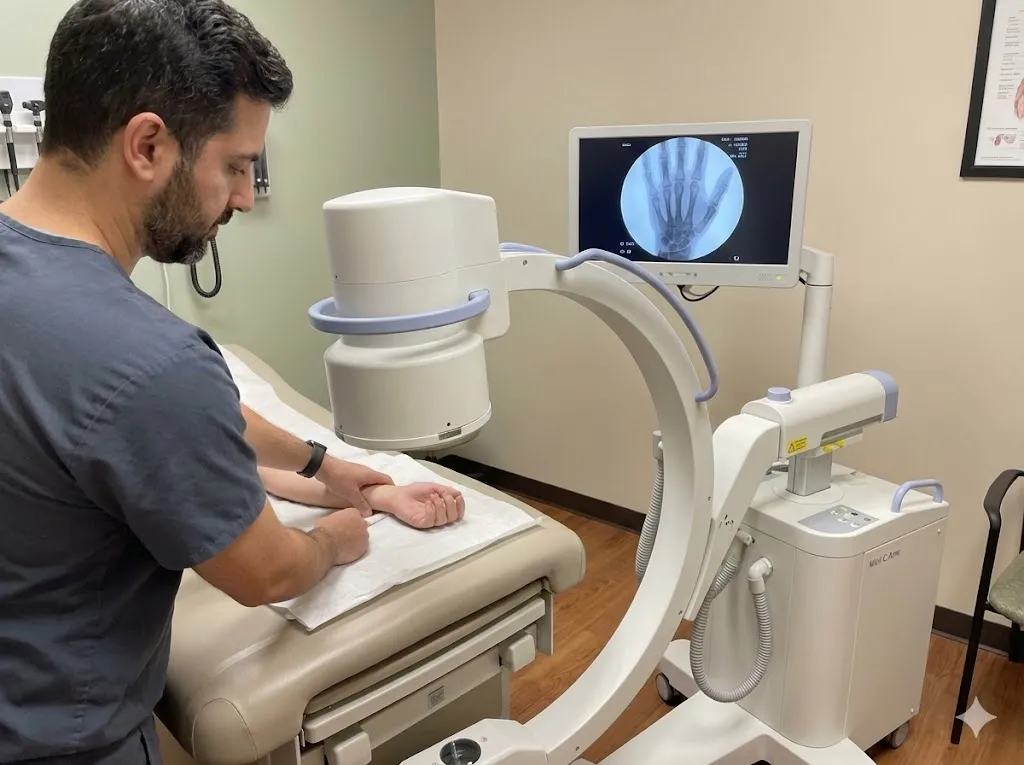A major surgery is a significant event for the entire family, even if only one member undergoes the procedure. When that family member is a beloved parent who may be past the prime of their fitness and health, it’s necessary to prepare for a wide range of scenarios.
The good news is that, according to recent data, the survival rate in middle-aged adults (40 - 64 years) is high. However, the rate starts to drop after 65, especially for emergency procedures. Elective procedures are more forgiving, provided that your parent isn’t frail or fighting long-term illnesses.
Still, even if the survival rate is over 98%, there’s a chance things will take a turn for the worse. This is why it’s important to be prepared. In this article, we’ll give you a list of three steps all families should consider when supporting one of their members through major surgery.
1. Address Legal and Medical Authority
Have a heart-to-heart with the family member who will undergo surgery and make sure they understand all the processes involved.
For instance, did they appoint a legal guardian who can step in and make decisions (medical, financial, and other types) in case they become incapacitated or lose cognitive abilities during and after the surgery?
If not, it’s time to put together an Advance Medical Directive (AMD), also commonly referred to as a Living Will.
This document specifies the medical treatments a person wishes to refuse or accept in a situation where they are terminally ill or in a permanent vegetative state. It also designates a Guardian or Healthcare Representative (similar to a Healthcare Proxy) who is authorized to make medical decisions on their behalf if they are unable to do so, specifically in alignment with the wishes laid out in the document.
2. Financial and Practical Logistics
If the family member undergoing surgery is the one in charge of finances and family business, it’s a good idea to ask them to sign a general Power of Attorney for finances. This document grants you (or someone else) the authority to pay bills, manage bank accounts, and handle other financial responsibilities during the patient’s recovery.
Also, check the insurance coverage. Call any existing insurance providers to confirm coverage for the specific hospital and procedure, and understand the documentation needed for claims.
For extra safety, consider additional products. For instance, it’s a good idea to consider a plan for both spouses, where the surviving spouse gets to receive a fixed monthly sum for the rest of their life. In case of a worst-case scenario, if the surviving spouse is financially dependent on the departed one, this plan will reduce the financial burden on the family.
3. Organize the Support and Recovery System
Even a minimally invasive surgery takes a toll on a patient, so you can only imagine the impact a major surgery will have on overall well-being and recovery. These are the best times to lean on the extended family support and ask for help.
Coordinate with siblings, cousins, and other relatives to create a schedule for who will be at the hospital and at home. For the post-surgery plan, decide who will be in charge of administering medicine, helping the recovering patient with mobility, and providing emotional support.
If family members can’t help with household chores, arrange for temporary help with cleaning, laundry, and other tasks. This makes it easy for the person in recovery to stay calm and focused on their own journey.
In Summary
No one wants to see a dear family member go through major surgery, but if this happens, it’s important to offer your support in any shape or form you can. Whether you take care of their finances, prepare warm meals, or stay with them in the hospital, your help will be fully appreciated.
लेखक





